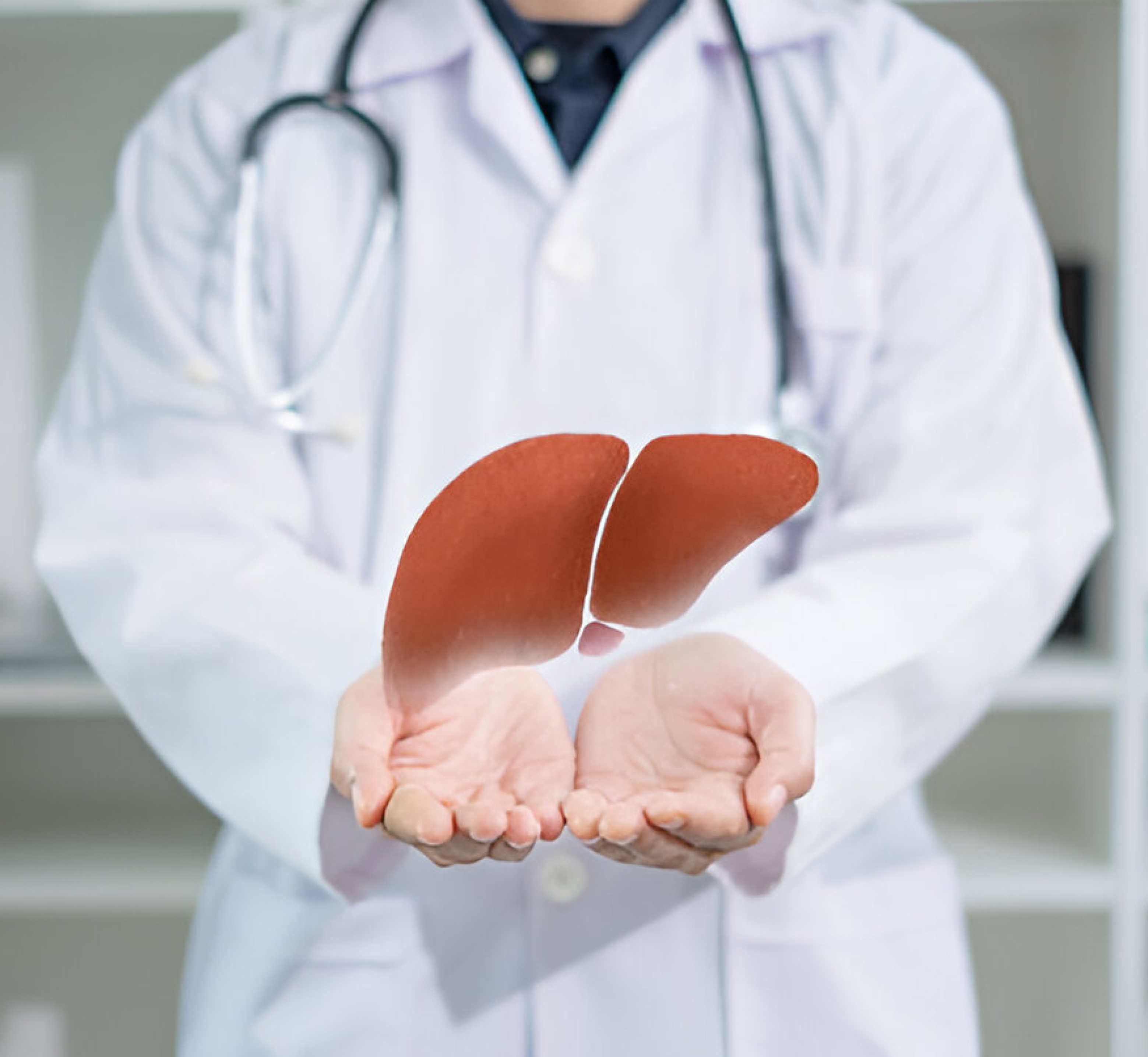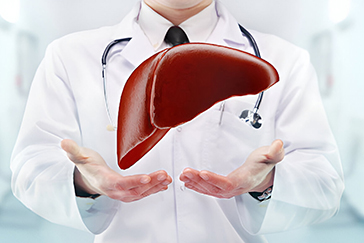 Book Appt.
Book Appt.
 Call Now
Call Now


An appendectomy is a surgical procedure performed to remove the appendix, a small, finger-shaped organ located at the junction of the small and large intestines. While it was once believed to be a vestigial organ with no significant function, we now understand that the appendix plays a role in immune function. However, when it becomes infected or inflamed (a condition known as appendicitis), prompt surgical intervention is crucial to prevent potentially life-threatening complications.
Indications for Appendectomy
The primary indication for an appendectomy is appendicitis, a condition characterized by the inflammation of the appendix. Appendicitis is a medical emergency that requires immediate attention. If left untreated, an inflamed appendix can rupture, leading to the release of harmful bacteria and toxins into the abdominal cavity.
Surgical Approaches
There are two main approaches to performing an appendectomy:
Procedure Details
Regardless of the approach chosen, the steps of an appendectomy are similar:
Recovery and Aftercare
The recovery process following an appendectomy depends on the surgical approach and individual factors. Here are some general guidelines:
Conclusion
Appendectomy is a commonly performed surgical procedure that addresses appendicitis, a potentially life-threatening condition. With advances in surgical techniques, laparoscopic appendectomy has become the preferred approach in many cases due to its associated benefits. However, open surgery remains a valuable option in certain situations. Prompt diagnosis and timely surgical intervention are crucial for a successful outcome. If appendicitis is suspected, seeking immediate medical attention is imperative to prevent complications.
SHALBY Sanar International Hospitals provides extensive medical procedures backed up with our state-of-the-art technology and a team of highly qualified & experienced clinical experts.
Our doctors pen down their research findings and experiences from time to time. Their words provide deep insight into the latest techniques, technologies and other advancements in healthcare. It provides expert answers to all kinds of health questions for real-life issues.
VIEW ALL




Since the day of its foundation, SHALBY Sanar International Hospitals is committed to provide comprehensive healthcare services. It regularly organizes awareness programs in its premises and encourages outdoor healthcare activities and camps with an intent to put focus on preventive healthcare.
VIEW ALL